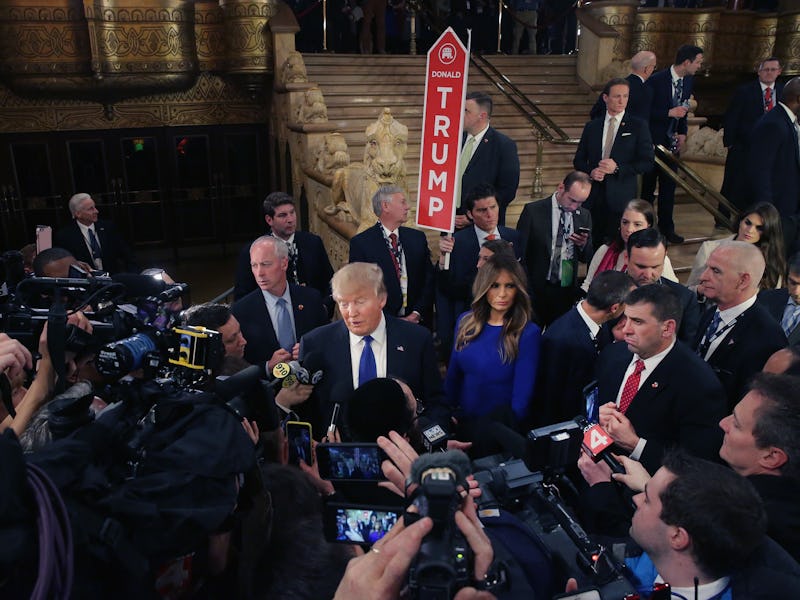Study Finds That Google Search Results Create a Liberal Bubble
Not even search engines are safe from bias.

There’s been a lot of talk over the past few weeks about social media forming liberal and conservative news feeds, but a new study reveals these tech biases may go deeper. An analysis of 50 Google search results, judged by a team of four researchers from Can I Rank?, showed that liberal sites appeared more often than conservative ones.
In the 2,000 pages analyzed from those results, the panel determined 31 percent of results were politically liberal, while 22 percent were politically conservative.
The revelation comes during a time when the tech world is concerned about biases and their impact. The surprise election of Donald Trump has sparked a debate about how certain users may see articles that already confirm their biases, rather than having their views challenged by opposing sides.
Google’s parent company dismissed the accusations. “From the beginning, our approach to search has been to provide the most relevant answers and results to our users, and it would undermine people’s trust in our results, and our company, if we were to change course,” an Alphabet spokesperson said in a report published Monday.
The team searched for terms like “hillary clinton illness” and “minimum wage,” with the panel ranking each page individually. There was broad consensus: panelists had to rank pages on a five-point scale, and there was complete agreement on almost half the pages surveyed, with 90 percent scoring within a one point range from the four judges.
Concerns of bias are not just about whether people get a broad mix of opinions, though. Critics argue that fake news that conforms to these preconceived notions, like the millennial voting map that showed a landslide for Democrats, has become widespread on sites like Facebook. Users eager to share content that confirms their biases end up sharing falsehoods as if they were real. Facebook CEO Mark Zuckerberg, however, said that it was a “pretty crazy idea” that fake news could have influenced the election.
Saturday Night Live ran a sketch about the idea last week, portraying a fictional city called “the bubble” free from conservative influence:
It may be a single report on a large, complex search engine, but the panel’s findings suggest that even on seemingly unbiased sources like Google, users should be aware that algorithms can favor some content over others.